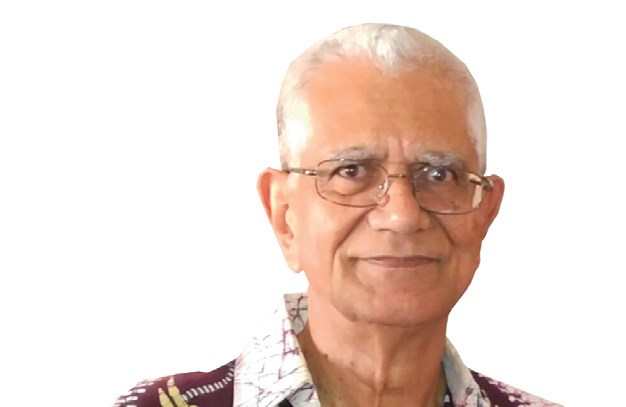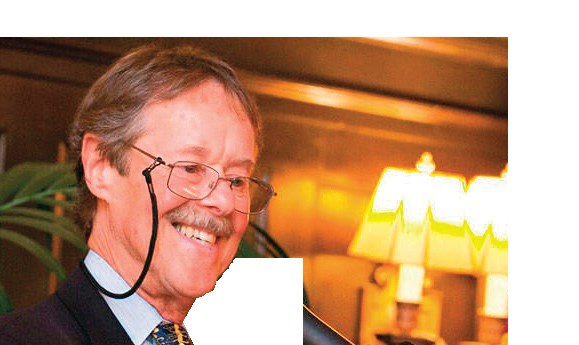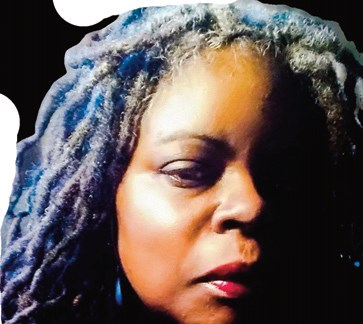Sometimes the day doesn’t begin as you thought it might. Sunday, August 16, 2015, was one of those days.
Having just flown into Vienna, Austria where my husband and I have spent the last five-and-a-half years – the length of our married life – as residents, I received a phone message that my father had passed away.
That phone call made me think about Arvis Bethel’s life. It made me think about immigration.
In the late-1800s, Bahamians migrated to South Florida largely in search of better wages. They found those better opportunities in Henry M. Flagler’s Florida East Coast Railroad.
The Bahamians left their British-protected islands and conch filled waters for the shores of their neighbor to the North, some of them – already in the U.S. – simply made the 150-mile trek from Key West.
The Bethel’s of Eleuthera were among them and in that clan were my grandparents.
By the 1920s, Bahamian-born blacks in Miami constituted 52 per cent of black people and 16.3 per cent of the total population, according to Gail Saunder’s and Michael Craton’s history of the Bahamian people.
The contribution that Bahamians have made to the growth of South Florida cannot be overstated. Their music, dance and food permeated the region then. And, of course, the special way in which they built their homes to withstand gust-force winds and flooding was renowned. Some of those homes can still be seen today in Coconut Grove, where many settled. Bahamian homes are among the oldest structures in the community.
But privately, not everyone appreciated the dominance of Bahamians, whom black Americans referred to as “Nassaus.” My maternal grandmother used to repeat a typical African-American refrain: “Nassaus think they got all the sense.”
Thinking about the significance of Bahamians’ contributions to what Miami is today in some strange way led me to think of my dad’s contribution to who I am today.
And while our relationship in my adult years left a lot to be desired (he and my mother divorced when I was in my teens), he still was my father. The only one I ever had.
He taught me how to fish. “The fish won’t come,” he used to say, “if you talk too much.”
And he took my sister and me to catch blue land crabs, once plentiful in south Miami. When we caught eye of a crab scurrying to cross the road, we would grab our buckets and sling them over a crab before sitting down on the bucket to wait for our dad to come collect what we had successfully trapped. I don’t ever remember us eating what we caught. But my mom does. She says people would boil the crabs in a big tin washtub and have a crab party with beer. They were so plentiful, she said, that you could take a rake and scoop them into a bag.
Today, my husband’s Bahamian family looks forward to crab season where they turn the delicacy into all manner of dishes, including crab and rice, crab and dough, stuffed crab, crab soup and just good old boiled crab.
My dad was the one major reason that I ran track in junior high school. He had such faith in me and proclaimed often that I would go to the Olympics, if only I just kept practicing and working hard. And, I did. I ran for the Richmond Heights track team and participated in the sport at Richmond Heights Junior High School. And I was good. I could almost beat everyone on our block in racing from the corner to our house, often barefoot.
In the end, I wanted to be a cheerleader and Ms. Richmond Junior High, and above all – a journalist. But he never stopped believing in me, as he reminded me as we waited outside the church at his mother’s, my grandmother’s funeral more than a decade ago.
It’s funny the things you remember when people die. For me it was not only about remembering my father, but also the larger context of his heritage and the role that he and his family played in crafting the home and the hometown that I have always loved and cherished. It is because they came that Miami’s culture is rich. They were, in many ways, the vessel for a new South Florida, just like my father was a pillar for the woman that I have become.
Alison Bethel McKenzie alibethel@aol.com is a veteran newspaper editor and former executive director of the International Press Institute in Vienna, Austria.













No Comment